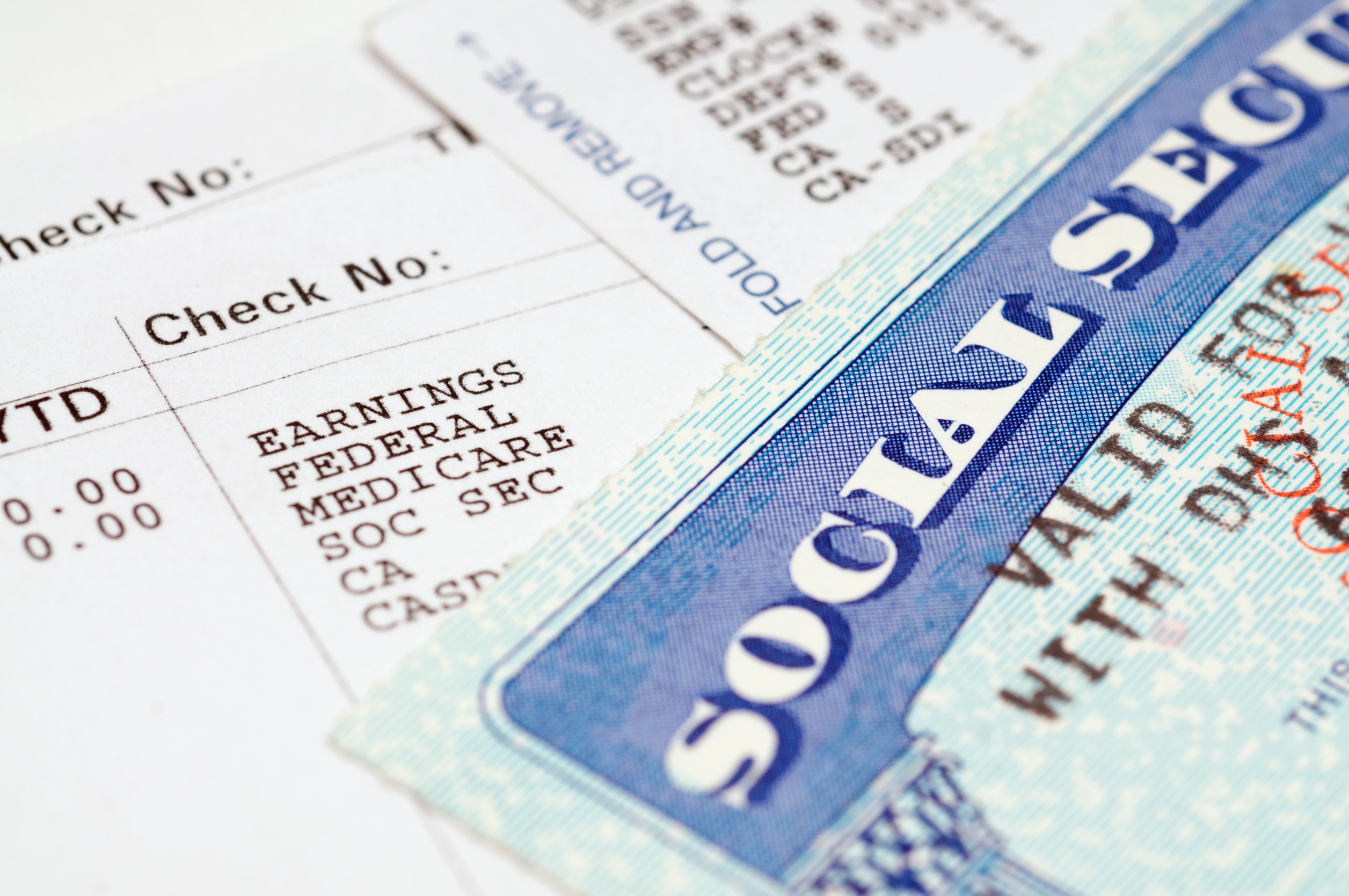The dream of retiring early can be enticing, especially for Generation X. However, the reality of financial readiness can sometimes be sobering. Assessing whether you’re truly prepared for such a significant life change is crucial. For Gen X retirement planning, here are ten signs that you might not be ready to retire early.
1. Insufficient Retirement Savings
One of the most obvious signs is a lack of sufficient retirement savings. Financial experts recommend having at least eight times your annual salary saved by the time you reach your 60s. If you find yourself far from this goal, it’s a clear indicator that early retirement might not be feasible. Continuing to work can provide more time to build a more substantial nest egg.
2. High Levels of Debt
Carrying high levels of debt into retirement can significantly impact your financial stability. Whether it’s a mortgage, credit card debt, or personal loans, these obligations can eat into your retirement income. Ensuring that you’re debt-free or have a manageable debt load is crucial before considering early retirement. Paying off debts can also provide a sense of financial security.
3. Dependence on Social Security
If you find yourself heavily relying on Social Security benefits to fund your retirement, you might not be ready to retire early. Social Security is designed to supplement retirement income, not be the primary source. Depending on it too much can limit your financial flexibility and quality of life. It’s essential to have other income sources, such as savings or investments.
4. Lack of Health Insurance Coverage
Health insurance is a critical component of retirement planning. Without employer-provided health insurance, you may face high out-of-pocket medical expenses. Medicare coverage begins at age 65, so retiring early means bridging the gap with private insurance, which can be costly. Ensuring you have adequate health coverage is essential before retiring.
5. No Clear Retirement Plan
Retiring early requires a well-thought-out plan that addresses your financial needs and lifestyle goals. Without a clear plan, you risk running out of money or facing unexpected expenses. A comprehensive retirement plan should include a budget, investment strategy, and a contingency plan. Consulting with a financial advisor can help create a realistic and achievable plan.
6. High Monthly Expenses
High monthly expenses can quickly deplete your retirement savings. Analyzing your current spending habits and identifying areas where you can cut back is crucial. Reducing costs can free up more money for savings and investments, making early retirement more achievable. Consider downsizing your home or eliminating non-essential expenses.
7. Inadequate Emergency Fund
An emergency fund acts as a financial safety net for unexpected expenses. Without an adequate emergency fund, you may have to dip into your retirement savings, jeopardizing your long-term financial security. Financial experts recommend having at least three months’ worth of living expenses saved in an easily accessible account, with six months’ worth being the preferred target. Building a robust emergency fund is a crucial step towards financial preparedness.
8. Dependents Relying on Your Income
If you still have dependents relying on your income, such as children or elderly parents, retiring early might not be practical. Supporting dependents can place a significant strain on your financial resources. Ensuring your dependents are financially independent or have alternative support is essential before considering early retirement. This can help alleviate financial pressure and provide peace of mind.
9. Uncertain Investment Returns
Relying on uncertain investment returns can be risky when planning for early retirement. Market fluctuations can impact the value of your investments, affecting your retirement income. Having a diversified investment portfolio can help mitigate risks and provide more stable returns. It’s important to review your investment strategy regularly and adjust as needed.
10. Fear of Outliving Your Savings
A common concern among those considering early retirement is the fear of outliving their savings. Longevity risk, or the risk of living longer than your financial resources can support, is a serious consideration. Ensuring that your retirement savings can last through your expected lifespan is crucial. Working with a financial planner can help create a sustainable withdrawal strategy and provide peace of mind.
Gen X Retirement Can Mean You Retire Early, But You Have to Prepare
The decision to retire early is a significant one that requires careful consideration and planning. By recognizing these signs and addressing them, you can better prepare for a financially secure retirement. While the dream of early retirement is appealing, ensuring your financial readiness is essential for a comfortable and stress-free retirement.
Read More:
12 Cities You Wouldn’t Believe Are Retirement Paradises
14 Alternative Retirement Plans That Beat Florida’s Heat
Catherine is a tech-savvy writer who has focused on the personal finance space for more than eight years. She has a Bachelor’s in Information Technology and enjoys showcasing how tech can simplify everyday personal finance tasks like budgeting, spending tracking, and planning for the future. Additionally, she’s explored the ins and outs of the world of side hustles and loves to share what she’s learned along the way. When she’s not working, you can find her relaxing at home in the Pacific Northwest with her two cats or enjoying a cup of coffee at her neighborhood cafe.













Leave a Reply